American umbrella for Qatar or Gulf unity amid regional challenges Analysis
U.S. President Donald Trump has signed an executive order granting security guarantees to Qatar. The document states that the United States and Qatar have established an allied relationship that includes close military and diplomatic cooperation. In particular, Qatar is viewed as a mediator in resolving regional conflicts — above all, the war between Israel and the Palestinian group Hamas in the Gaza Strip.
The order obliges the United States to regard any armed attack on Qatar as a threat to its own security. In the event of such an attack, Washington is required to take “all lawful and appropriate measures,” including, if necessary, military ones, to defend the State of Qatar — a small but very wealthy emirate in the Persian Gulf.
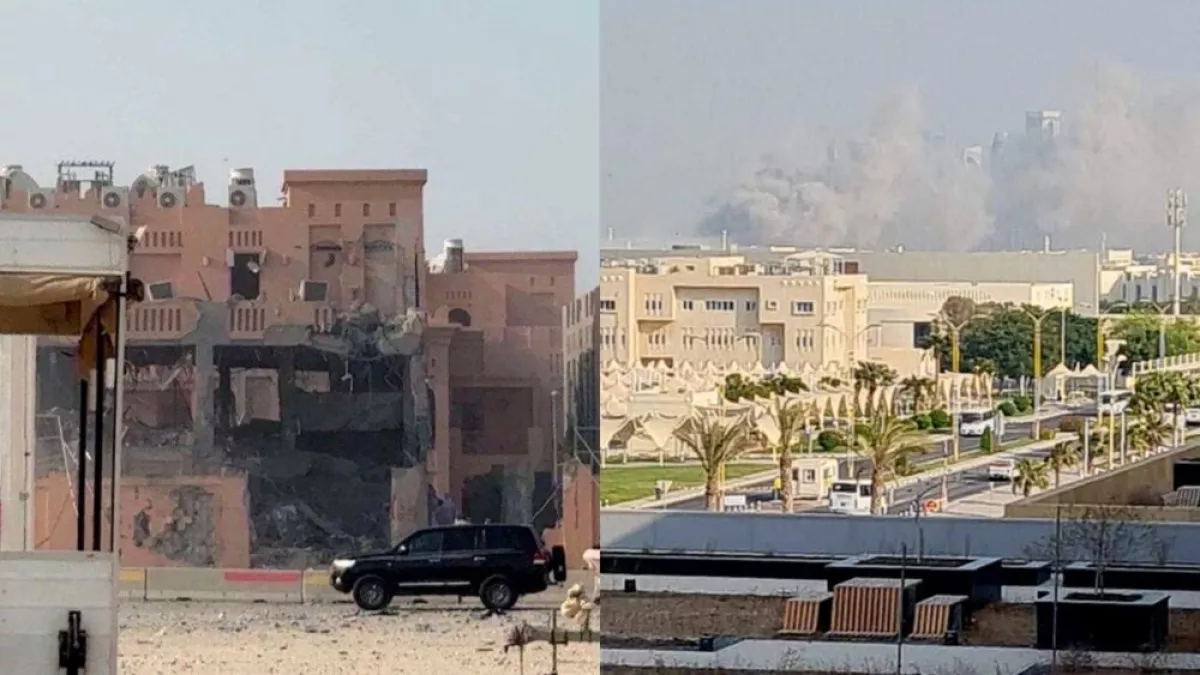
The corresponding decision was made by President Trump after the Israeli Air Force carried out a strike on a private villa in Qatar’s capital, Doha, on September 9, where members of the Hamas leadership had gathered. The bombing killed six people and one member of Qatar’s security service.
Three weeks later, Israeli Prime Minister Benjamin Netanyahu issued an official apology to Qatar’s ruler, Mohammed bin Abdulrahman Al Thani. However, the Israeli strike had already had a powerful impact on the overall situation in the region. Along with other factors, it contributed to tectonic shifts that could reshape the entire economic and defence strategy of the Arab states of the Persian Gulf.
Qatar, Iran, and others
Shortly before the Israeli bombing of Doha, the U.S. President visited Qatar, calling it a great ally and pledging to defend it. In turn, Qatar’s leadership presented Trump with a personal aircraft worth $400 million and promised to invest $1.2 trillion in the U.S. economy.
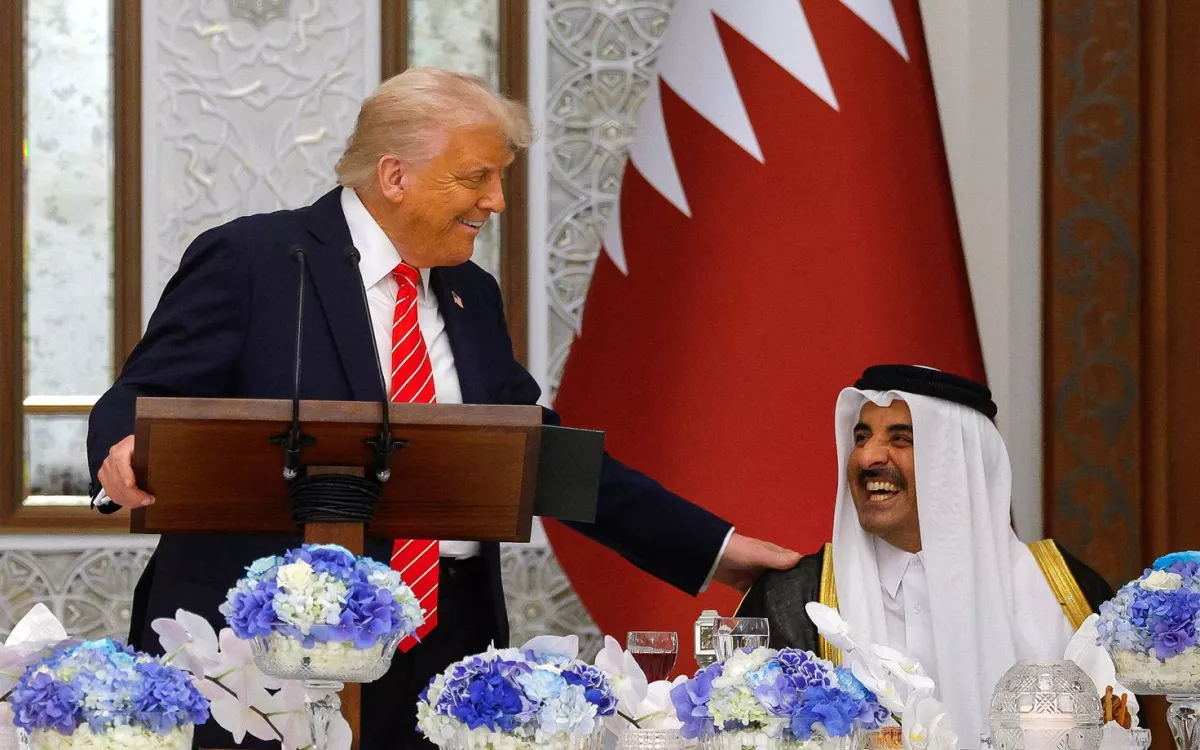
Qatar also holds the official status of a major non-NATO ally of the United States — a special designation granted by Washington to countries outside the North Atlantic Alliance with which it maintains close military-strategic and economic relations. Moreover, the country hosts the largest American military base in the Middle East.
One might think that all this would be enough to prevent Israel, a U.S. ally, from bombing Qatar. But Israel did it nonetheless. Moreover, Netanyahu pledged to continue pursuing Hamas members across the territory of any Middle Eastern state.
Trump’s verbal assurances turned out to be insufficient to protect Qatar. Will his written commitments prove enough? That is a question few can answer today. Yet it is precisely the lack of an answer that is altering the regional landscape.
Frost in Israel–Gulf Arab relations
The weakening of U.S. influence in the Middle East, which began during President Barack Obama’s tenure, led to growing competition among regional powers. As Washington’s presence diminished, these states increasingly filled the power vacuum and competed ever more fiercely. The theocratic regime in Iran grew significantly stronger, actively projecting its influence through allied Shia militias in Yemen, Iraq, and Lebanon, as well as with the support of Bashar al-Assad’s allied regime in Syria. Together, these forces have built a vast sphere of influence stretching from Tehran to Beirut.
Under such circumstances, the Sunni Arab monarchies of the Persian Gulf — Iran’s geopolitical rivals — increasingly viewed Israel as a potential partner in defence planning to protect them from Tehran. Major joint projects in infrastructure and security, involving Israel, India, the United States, and European countries, were under discussion.
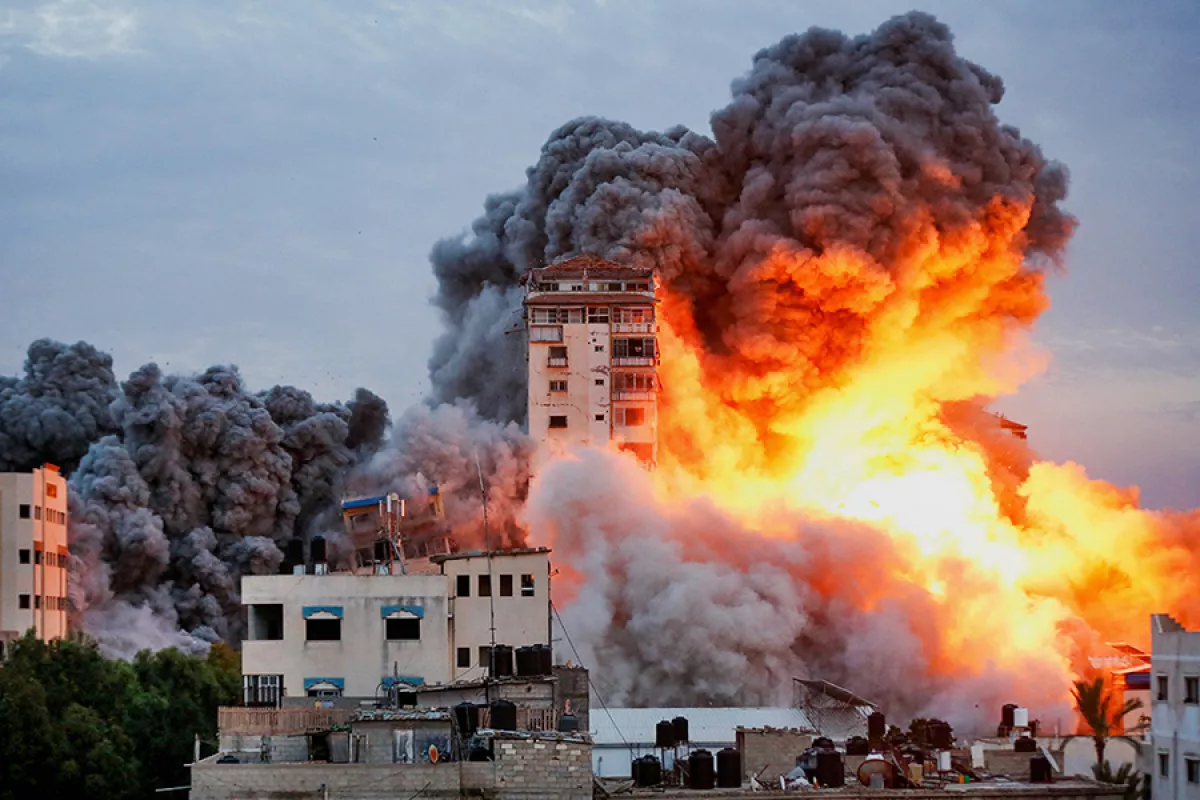
But now everything has changed. Israel continues to regularly bomb Gaza and strike targets in other countries. During the 12-day war with Iran in June, Israel managed to destroy most of Iran’s air defences and eliminate the country’s entire military leadership. It has repeatedly bombed Lebanon — killing leaders of the pro-Iranian Hezbollah movement — and Syria, where its air force destroys stockpiles of heavy weapons to prevent them from falling into government hands. Recently, Israel even attacked the Syrian army’s general staff headquarters. Neither Hezbollah, nor the Lebanese army (unlike Iran), nor the Syrian army has responded to these strikes — yet the bombings continue.
The bombing of Qatar, a U.S. ally, has taken the situation to a new level. Israel has made it clear that it intends to use military force to reshape the region and impose an order that suits its interests. The United States proved unable to stop it. Moreover, shortly after the bombing, an enormous $6 billion arms package was announced — a deal for weapons that Israel plans to purchase from the United States.
The strikes on Qatar have sparked growing concern among the Gulf states: who will be next? This has become a key factor influencing the shift in the policies of the Arab states of the region.
A second factor shaping their policies is the widespread unpopularity of Israel’s war in Gaza across the Middle East. The governments of the region — still mindful of the lessons of the Arab Spring — cannot afford to ignore this sentiment entirely.
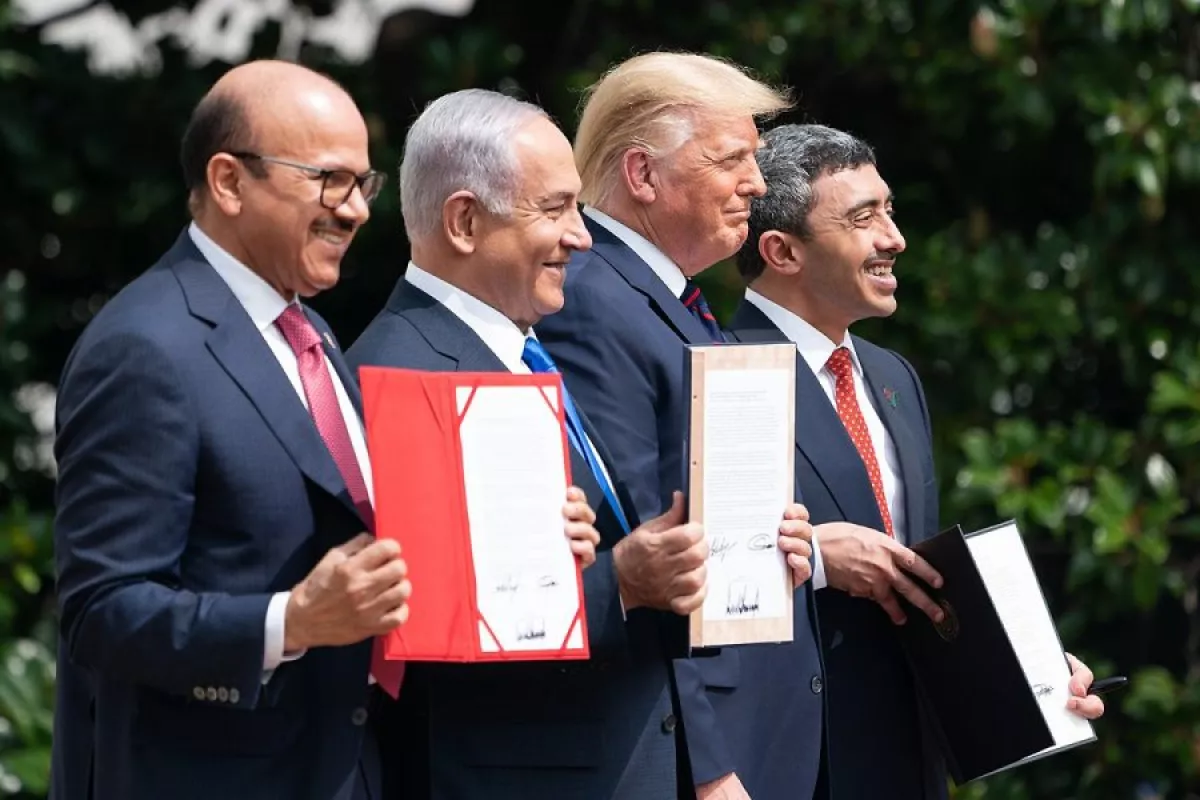
All this casts doubt on the Abraham Accords — the framework of mutual recognition between Israel and several Arab states. The UAE and Bahrain have already recognised Israel and are unlikely to sever ties, yet a chill has clearly emerged between them and Tel Aviv. As for Saudi Arabia — the richest and most influential Arab nation, aspiring to lead the Middle East — the prospect of it joining the accords is now out of the question.
Experts are almost unanimous in their assessment of recent events. The current developments have effectively frozen the once-promising cooperation between Israel and the Sunni oil- and gas-rich monarchies of the Persian Gulf.
In an article for Foreign Affairs, the journal of the American political establishment, Galip Dalay, coordinator of the “Contemporary Turkey” programme at the University of Oxford, and Sanam Vakil, director of the “Middle East and North Africa” programme at Chatham House, warn of a growing Arab reluctance to align their policies with Israel.
According to them, Israel has turned its former partners into wary adversaries. As a result, the very logic of normalisation is disintegrating: “Israel’s new forward defense doctrine, which has it breaching the sovereignty of other states at will, is making almost all the states in the region feel insecure. The devastating war in Gaza, the expansion of Israeli settlements in the West Bank (often justified with religious rhetoric), Israel’s uncompromising approach in Lebanon, and its repeated strikes in Syria and encroachment into Syrian territory, have turned the maintenance of formal ties with Israel into a political and strategic liability for Arab governments.”
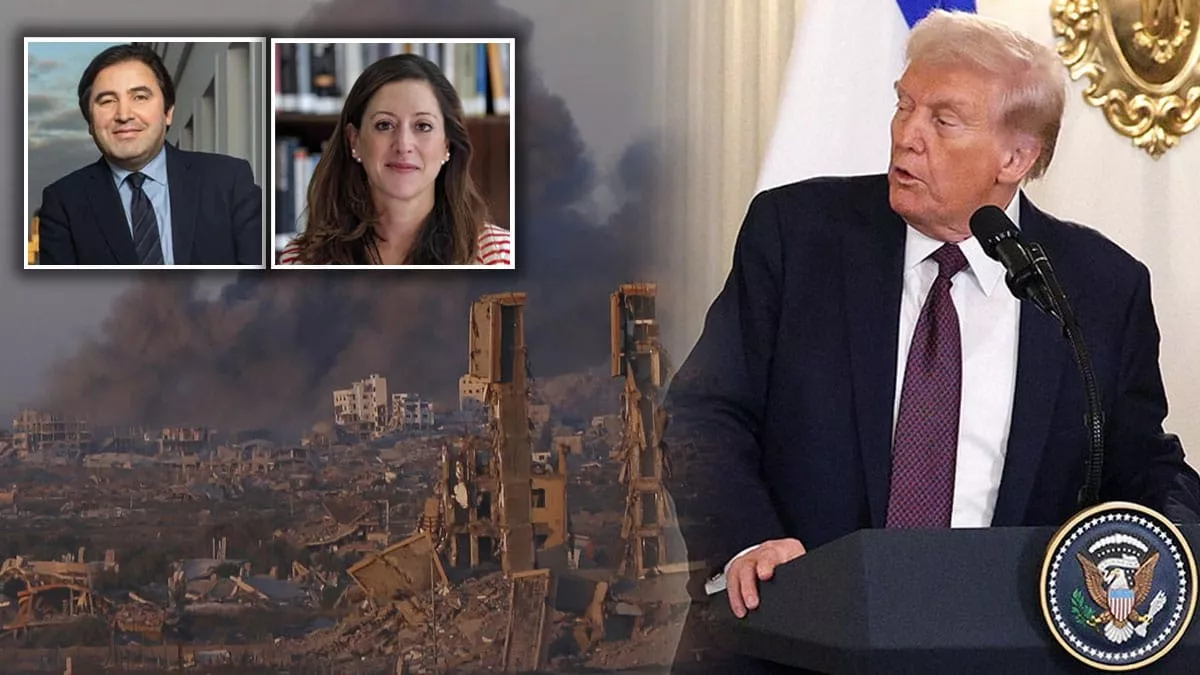
Galip Dalay and Sanam Vakil note that Saudi Arabia — once under heavy U.S. pressure to normalise relations with Israel — is now hesitating not only because of internal risks (according to opinion polls, only about 13 per cent of people in the region support normalisation with Tel Aviv) but also due to the prospect of future Israeli military operations. Following the strike on Doha, Qatar has positioned itself as the main Arab critic of Israel’s policy in Gaza. Kuwait and Oman, meanwhile, continue to stand aside, wary of entering into any form of relations with Israel that could undermine their governments’ domestic legitimacy, provoke public hostility, or complicate their carefully balanced regional strategies.
Strategic initiatives such as the Abraham Accords (normalisation and establishment of diplomatic relations between Arab states and Israel, including trade and military-political cooperation); the India–Middle East–Europe Economic Corridor — a grand U.S.-backed infrastructure project designed to boost trade and transport links between India, the Middle East, and Europe as an alternative to China’s Belt and Road Initiative; and the I2U2 project, bringing together India, Israel, the UAE, and the United States for economic and scientific cooperation — were all developed to build a new regional order based on Arab-Israeli partnership under U.S. supervision.
The goal was to bind Arab states to Israel by creating a shared infrastructure, economy, and defence framework — while isolating Türkiye and containing Iran. U.S. and Israeli officials believed that normalisation and broader recognition of Israel across the region were inevitable. That concept is now collapsing before their eyes. Israel’s policies have turned normalisation into both a domestic and strategic risk for Arab leaders and their governments.
New plans of the Arab Monarchies
The Gulf Cooperation Council (GCC) remains an influential structure — one whose significance has grown in recent months. Its members are Bahrain, Qatar, Kuwait, the UAE, Oman, and Saudi Arabia.
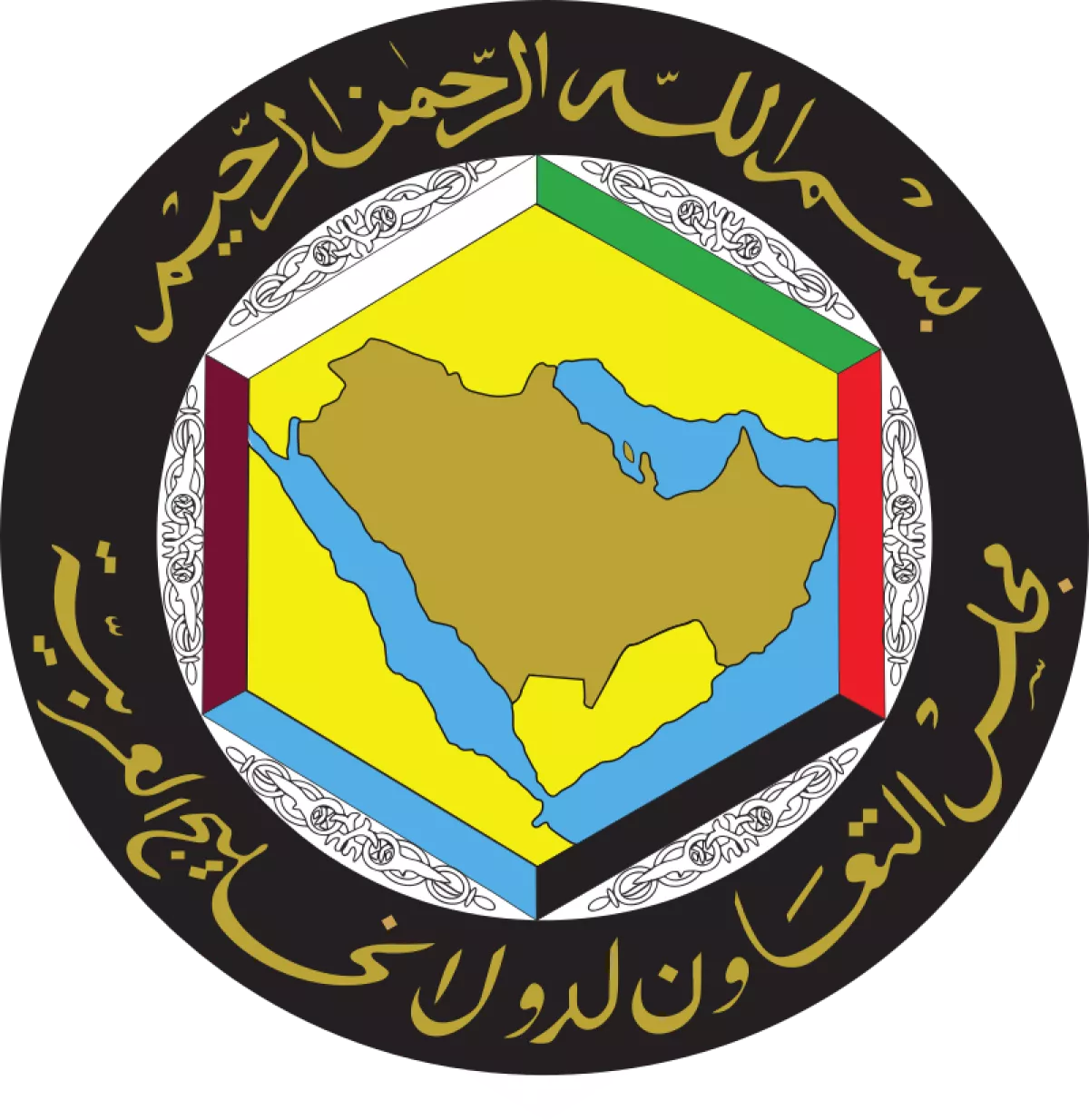
At the helm of these states are wealthy monarchies whose stability is underpinned by oil and gas exports. Lacking powerful armies or nuclear weapons, yet possessing immense hydrocarbon wealth, they require protection. Today, they are also primarily focused on structurally transforming their economies and transitioning to a post-oil future. They are therefore keen on foreign investment and technology to develop modern manufacturing, high-tech industries, banking, and tourism. But money prefers quiet, so they want to avoid trouble.
This explains why Gulf states’ cooperation with the United States has long been successful. The U.S. provided robust military support — for example, defeating Iraqi dictator Saddam Hussein’s army in 1991 after his invasion of Kuwait. America deterred Iran and ensured stability in the Persian Gulf, which benefited the regional economies. At the same time, the U.S. profited from the stability of a region that supplied one-third to one-half of the world’s oil and facilitated massive arms deals with the Saudis, Emiratis, and others.
However, when the U.S. under Trump’s previous term declined to protect Saudi Arabia from Iranian missile strikes in 2019, it caused considerable frustration with America. In response, the Gulf states increasingly looked to political, economic, and defence partnerships with Israel, seeing it as a force capable of protecting them from Iranian attacks. Indeed, during the exchange of strikes between Iran and Israel in the 12-day war in June this year, the Saudis helped intercept Iranian missiles and drones headed for Israel.

Now, everything is changing. Bader Al-Saif — a researcher specialising in geopolitics and energy on the Arabian Peninsula, and former deputy chief of staff to Kuwait’s ex-prime minister — points out that the Gulf Arab states have always united in the face of major crises. The Iran-Iraq War, Iraq’s occupation of Kuwait, and the U.S. invasion of Iraq are just a few examples. The attack by Israel, a U.S. ally, on the capital of a Gulf state, regardless of the reasons behind it, can be seen as another powerful unifying factor, Al-Saif argues.
Hussein Ibish, senior fellow at the Arab Gulf States Institute and former Bloomberg columnist, notes similar signs of cohesion among the Gulf monarchies. Since it has become clear that the Gulf states cannot fully rely on U.S. protection, they have decided to act quickly to strengthen their defences — not only against the new Israeli threat but also against the longstanding Iranian one.
The Gulf states concluded that the attack on Qatar posed an equal threat to all of them, despite past political and ideological differences. Even a previously staunch critic of Qatar in the Gulf, the UAE, took action: President Mohamed bin Zayed Al Nahyan and a delegation of senior Emirati officials visited Qatar in a show of solidarity within 24 hours of the attack. The Gulf Cooperation Council renewed its existing security agreements, echoing NATO’s Article 5, under which an attack on one member is considered an attack on all.
According to Ibish, the next steps of the Gulf Arab monarchies are likely to develop along several directions.
First, they will move closer together in an effort to develop a common defence strategy. However, there are significant challenges along this path. It is unlikely that the pivotal events of 2025 will be sufficient to fully overcome the existing hesitation among Gulf states regarding the creation of a unified early-warning system and an integrated missile defence network.
Achieving this would require the Gulf states to establish multinational command structures capable of replacing national ones during crises. Such a solution demands a level of trust that has not yet been attained. Nevertheless, the Gulf Arab states have expressed a desire to move in this direction and feel the necessity of greater cohesion.
Second, another vector involves reducing dependence on the United States, which has so far supplied the bulk of their weapons and military protection, through the diversification of defence partnerships. A key strategic development was the new mutual defence pact between oil-rich Saudi Arabia and nuclear-armed Pakistan. This agreement had been in preparation for many years and was not a sudden or direct response to the Israeli bombing of Doha. However, the Israeli airstrike likely influenced the timing of the pact’s signing or, at least, its public announcement — emphasising that it was specifically designed to place Saudi Arabia under Pakistan’s nuclear umbrella, which, at least in theory, would protect it from attacks. Nevertheless, this agreement also raises a number of questions.
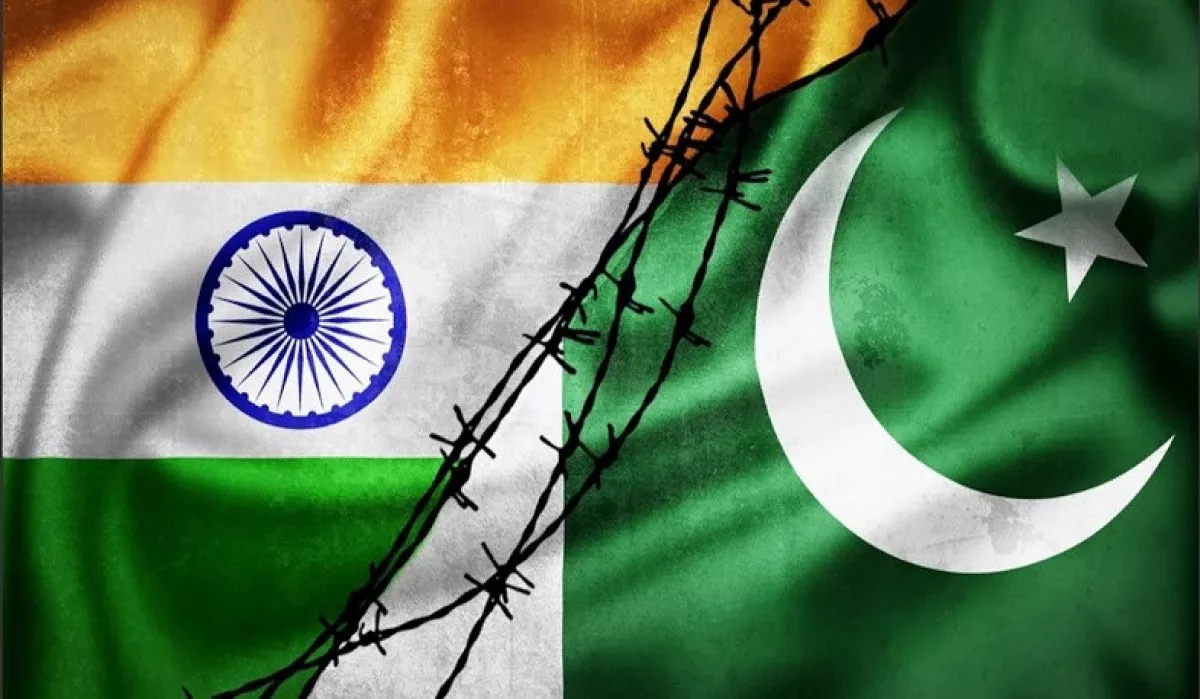
For example, is Saudi Arabia willing to become involved in Pakistan’s military conflicts with India? And is Pakistan truly prepared to fight for the Saudis and come to their aid with its full military capacity in the event of a threat?
Some experts also point to emerging opportunities for closer ties between Türkiye and Saudi Arabia, including potential deliveries of advanced Turkish weapons to the Saudis. Pakistan is a close ally of Türkiye and would unlikely move toward closer cooperation with Saudi Arabia without consultations with Ankara.
Third, another vector may involve coordinating the Arab states’ efforts in financial and ideological-political influence over American, European, and global public opinion and policymakers.
Qatar, Saudi Arabia, and the UAE all possess substantial financial resources to effectively lobby for their interests while promoting specific socio-political and cultural agendas. If they double down on efforts to influence the U.S. administration and Congress, engage European policymakers, and simultaneously increase funding for universities and various Western think tanks, they could intensify pressure on Israel and, to some extent, on Iran.
In this way, new alliances are taking shape in the Middle East, with significance that extends well beyond the regional level.








